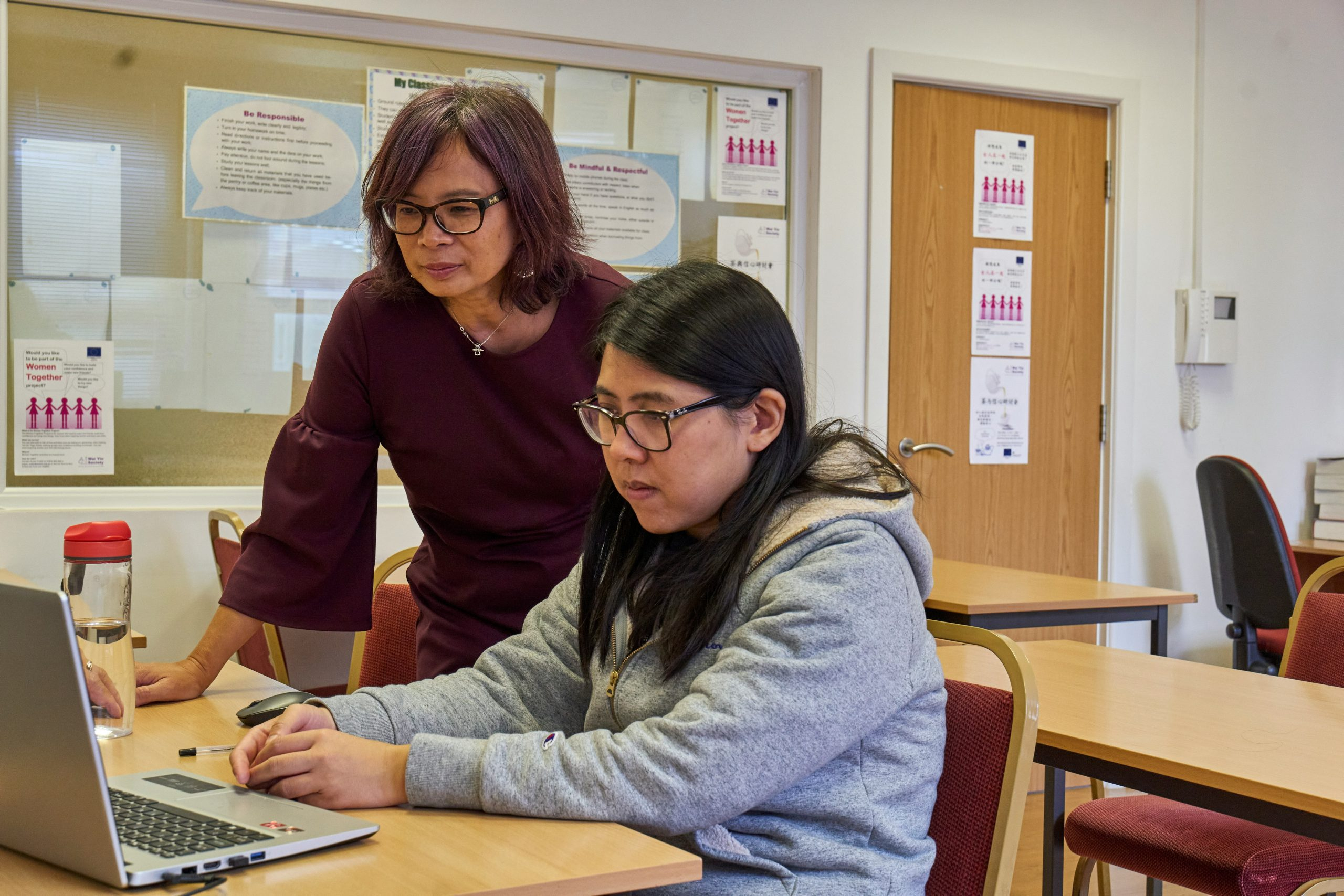Standardized Testing: Rethinking Assessment for Diverse Learners
Standardized testing has been a long-standing practice in the field of education. It is a method of evaluating students’ knowledge and understanding of a specific subject or topic, usually in a multiple-choice format. These tests have been used as a tool to assess a student’s academic achievement, as well as to compare the performance of different schools and educational systems. However, over the years, standardized testing has faced criticism for its lack of effectiveness in evaluating a diverse group of learners. As our society becomes increasingly diverse, it is crucial to rethink the use of standardized testing as a sole means for assessing students. In this article, we will delve into the topic of standardized testing and explore alternative methods that can better cater to the diverse range of learners in today’s classrooms.
The Flaws of Standardized Testing
One of the main criticisms of standardized testing is its failure to consider the diverse backgrounds and learning styles of students. A standardized test is designed to have uniformity in terms of content and format, without taking into account students’ individual differences. This poses a significant challenge for students from marginalized communities or those with learning disabilities. As a result, these students may not perform as well on these tests, even though they may have a deep understanding of the subject matter.
The Disadvantages for Diverse Learners
For diverse learners, standardized testing can be a daunting and stressful experience. The test may contain language or cultural references that are unfamiliar to them, putting them at a disadvantage. Moreover, students with learning disabilities may not have the necessary accommodations to help them perform to the best of their abilities. This can result in lower scores, which may not accurately reflect their true knowledge and understanding of the subject.
The Pressure on Teachers and Schools
Another issue with standardized testing is the pressure it puts on teachers and schools to produce high scores. Many schools use these scores as a measure of their success, which can lead to a narrowed curriculum and teaching methods focused on test preparation rather than learning. This can also create a disadvantage for students who come from under-resourced schools that may not have the resources or support to prepare them adequately for these tests.
Rethinking Assessment for Diverse Learners
It is clear that standardized testing is not an effective tool for assessing the diverse range of learners in our education system. Therefore, it is crucial to explore alternative methods that can better cater to the needs of all students. One approach is performance-based assessments, which evaluate students’ abilities through hands-on tasks and real-world projects. This type of assessment allows students to demonstrate their understanding of a subject in a practical and authentic way, rather than just regurgitating information on a test.
Embracing Multiple Forms of Assessment
In addition to performance-based assessments, it is essential to embrace multiple forms of assessment to cater to different learning styles and abilities. This can include open-ended questions, essays, and projects, which allow students to showcase their understanding in various ways. By using diverse forms of assessment, teachers can gain a more comprehensive and accurate picture of their students’ learning and determine their strengths and areas for improvement.
A Focus on Growth and Progress
Instead of focusing on test scores, there should be a shift towards assessing students’ growth and progress over time. This approach takes into account each student’s starting point and recognizes that not all students will progress at the same rate. It also allows teachers to identify areas where students are struggling and provide targeted support to help them improve continuously.
Conclusion
In conclusion, standardized testing is riddled with flaws that make it unsuitable for evaluating diverse learners. As our society becomes increasingly diverse, it is crucial to rethink the use of standardized testing in our education system. Instead, we must embrace a variety of assessment methods that cater to different learning styles and abilities, focus on growth and progress, and provide a more accurate reflection of students’ knowledge and understanding. By doing so, we can create a more inclusive and equitable education system that supports the success of all learners.










